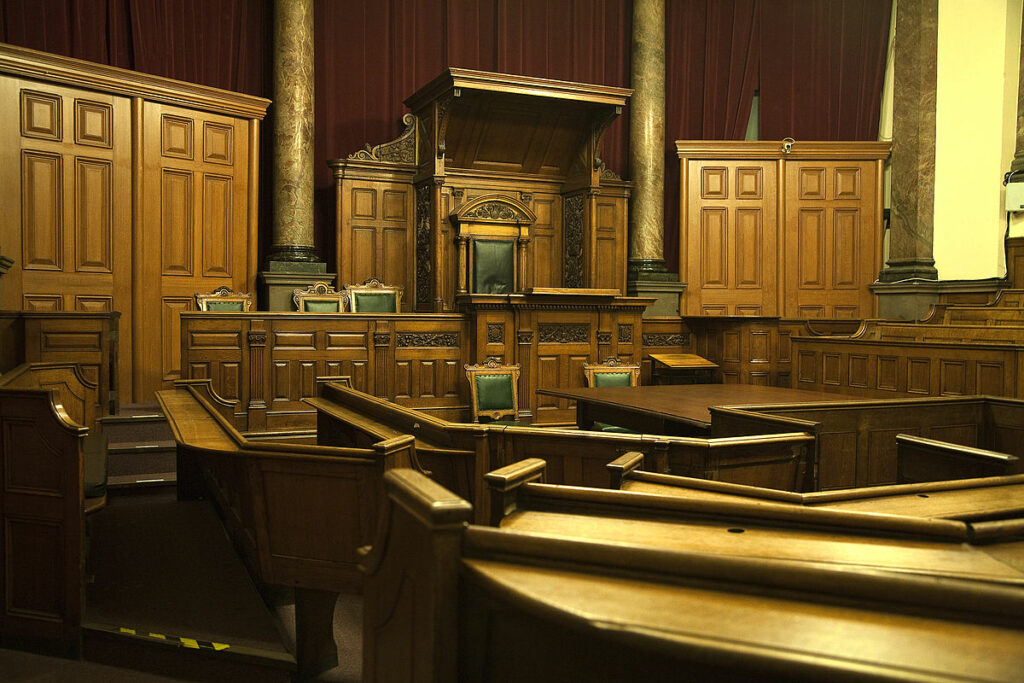Public Trial
We are all entitled to a public trial. The public and the press are also entitled to a public trial in order to ensure that free society is open and subject to inspection. In 2017 the United States Supreme Court decided a public trial case where, because of space issues, the courtroom was closed to everyone including the mother and minister of the defendant in order to accommodate all potential jurors. Once the jury was selected, the courtroom was reopened. Counsel for the defendant at trial failed to object to the closure of the courtroom.
The Supreme Court held that normally the denial of a public trial is a structural error which does not require that the defendant prove prejudice. That means the defendant is not required to prove that his or her trial was fundamentally unfair and would likely result in a different verdict had the error not occurred.
In a situation where defense counsel fails to object, however, the issue is raised later in a petition for post conviction relief alleging that the trial counsel was ineffective for not objecting. The Supreme Court held that in that instance the defendant must prove prejudice. This is a case where the ineffective assistance of counsel of the defendant cost the defendant a reversal based on this denial of a very important constitutional right.
That is why it is important for defense counsel to reserve the ability to challenge the denial of a constitutional right through objection. In this instance, Weaver lost forever the right to challenge the closure of the courtroom because her counsel was ineffective and did not object.
Posted in Constitutional Rights, The Rule of Law


